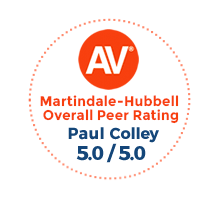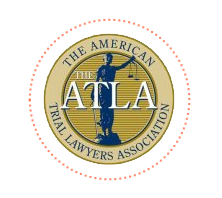4 Structures of Business Law
There are a million things to consider when starting a small business. What will I sell? Who is my market? Where will I get my materials? These are all necessary questions, but what about the legal side? Most of us are uncertain, or even unaware, of the business law requirements involved in running a business.
The first major legal choice a business owner must make is the type of legal structure their company will follow. Below are the four main options under general business law with a short definition, pro’s and con’s, to help you brush up before your first meeting with your small business attorney.
1. Sole Proprietorship or Partnership
Both of these structures are meant for small businesses with one or two owners. A sole proprietorship is defined as a single owner of an unincorporated business. A partnership has two or more people who share the responsibility of expenses, property, and shares or losses of profit.
Pros
There are no formal operations required to satisfy all shareholders when owning a private business with one or two other people. Your rules can be whatever your heart desires. Sole proprietorships and partnerships are also the cheapest to establish because there are no state codes and regulations
Cons
If ever caught in a legal struggle, those who own a sole proprietorship or partnership are 100% liable for all damages. This means even your personal assets, such as your home, car, and furniture, can be taken away if your business is unable to cover the cost of damages.
2. LLC: Limited Liability Company
As a fairly new structure in businesses law, LLCs allow for better tax treatment for owners as well as less liability because more shareholders are involved.
Pros
An unlimited number of members can claim ownership of the business, yet the business is still taxed in the same way as a sole proprietorship or partnership. Even corporations can be owners, which allows for a different level of ownership with the ability to provide benefits to all employees. Having limited liability means only assets of the company are considered for legal purposes, protecting personal assets.
Cons
LLC owners are subject to additional state taxes and regulations. Although there can be multiple owners, the managing member is subject to self-employment taxes while other shareholders may not receive the same “fringe benefit” treatments as the manager.
3. S-Corporation
A S-Corporation is one that is treated as a “pass through entity,” which means it can issue stock and each shareholder is responsible for their own tax rate on income and losses.
Pros
Like LLCs, the owners’ personal assets are protected. Shareholders also get a tax-favorable income which means they can be employees who are paid salary.
Cons
The owners of s-corps must pay a “reasonable salary” to all employees which includes Social Security and Medicare taxes (which add up to be the same as self-employment taxes for an LLC).
4. C-Corporation
C-corporations are what you think of when you think “big corporations” like Johnson & Johnson or ExxonMobil. Most companies do not begin this way, but transfer to this status later, when more established. These businesses are considered their own entity which, according to business law, has human legal rights.
Pros
C-corps are able to participate in “income splitting” which means the corporation and owners split total income, in order to be taxed separately and move to a lower tax bracket.
Cons
Dividends are subject to “double taxation,” which means the corporation is taxed on income, then the shareholders are taxed on received dividends.
Find Your Best Fit!
S-corps and C-corps are both extremely complicated and require full time legal and tax representatives to ensure a legal business is being put into action. Even for small businesses, this information is just the beginning of a long list of requirements within business law that is impossible for anyone but a small business attorney to truly understand. Colley & Colley law firm offers the best legal services from business lawyers with years of experience and success. If you are in need of an attorney who can explain business law and help you make the best choice, contact Colley & Colley in Tyler, Texas for a free consultation.















